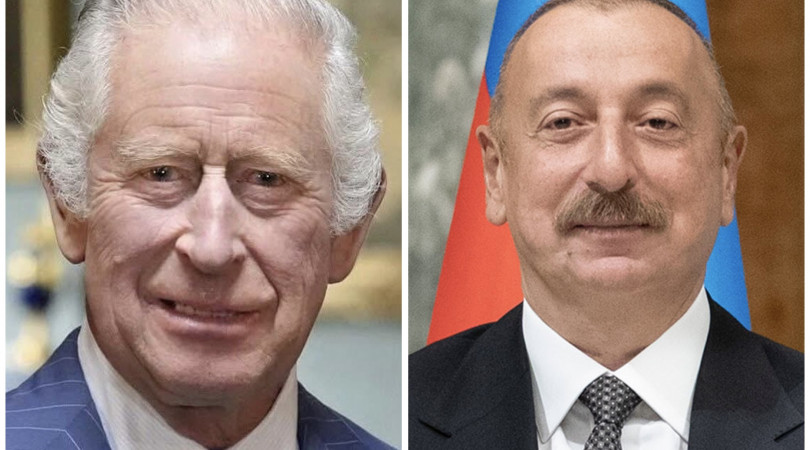HUFFINGTON POST UK: RELATIVES OF THE VICTIMS OF KHOJALY MASSACRE NEED JUSTICE
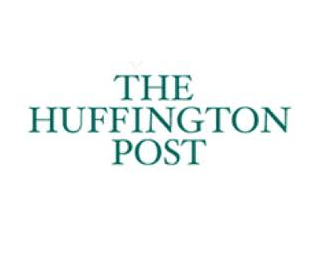 One of the longest running sores in the Caucasus has been the ongoing conflict between Armenia and Azerbaijan. During the early part of 1992, military assaults on the Nagorno-Karabakh region of Azerbaijan, by Armenian forces (backed by Soviet troops), made piercing raids into Azerbaijani territories.
One of the longest running sores in the Caucasus has been the ongoing conflict between Armenia and Azerbaijan. During the early part of 1992, military assaults on the Nagorno-Karabakh region of Azerbaijan, by Armenian forces (backed by Soviet troops), made piercing raids into Azerbaijani territories.
The current discourse over Khojaly is not about whether it happened or not or who perpetuated it. With the exception of certain Armenians, everyone now admits that this was a large scale, pre-planned massacre committed against civil Azerbaijanis by the invading Armenian forces. In 1992, the New York Times highlighted the events.
The events of February 1992 has been forgotten by many global leaders who talk of human rights and 'bringing perpetrators to justice'. For the families of over 600 murdered Azerbaijanis, February 26 2015 is another anniversary that marks the murder of their loved ones in Khojaly.
Yet, the Justice for Khojaly international awareness campaign led by Leyla Aliyeva is helping raise the global voice of this incident. In that sense, some are now starting to recognise Khojaly, including some parts of the United States, the Organisation of Islamic Cooperation, Mexico, Pakistan, and Bosnia and Herzegovina. In 2013, a decision by the Foreign Relations Committee of the Chamber of Deputies of the Czech Parliament helps sets an example to other EU Member States regarding their position on massacres such as Khojaly (to the dismay of some in Armenia).
Azerbaijanis globally do not forget what happened in Khojaly. Worldwide commemorations are held each year on the eve of the massacre. This year, commemorations in the UK include two conferences, a film screening, exhibitions, a book launch, and a peaceful rally held by members of the Azerbaijani community.
The Index Centre for Human Capital Development of Azerbaijan (SOCAR) hosted a commemorative event in Ankara, Turkey, which included rare photos of the region and the repercussions of the conflict, as part of a wider program that also 'includes 3D shows and music representing the genocide of Turkish and Azerbaijani people by Armenians'.
So what happened?
Khojaly was a town with a population of about 6,000-7,000 before hostilities began - a strategically important location since it had a functioning airport that Armenian forces wanted to capture. However, the murder of over 600 civilians left a deep imprint upon the psyche of many ordinary Azerbaijanis. Civilians were murdered as a fear tactic to cause others to flee the area.
Depressingly, this is a tactic that is used by many armies to clear out areas - create a small 'kill zone' with the aim of displacing residents and allow for the free movement of the invading forces.
When the Armenian entered Khojaly of February 23 1992, the population had dwindled down to 2,500 (as many had already left). Yet, many Azerbaijanis assumed, as civilians, would be able to return to their homes. But that assumption proved fatally wrong as the Armenian forces (supported by the Soviets) struck with murderous violence.
As food and power supplies ran out in Khojaly, many had no option but to stay since all routes in and out of the area were closed by advancing Armenian forces. On February 25, assurances were provided to residents that safe passage would be provided to them, leading many to flee on foot assuming that they were safe from attack.
But these promises of safe passage were met with gunfire that cut down 613 Azerbaijanis. The massacre killed over 100 women, 60 children and 70 elderly refugees with some of the bodies showing abuses that verged on barbarism. Some fled to the mountains and died from hypothermia as over 1,250 people were taken hostage by Armenian forces.
Attempts to pick up bodies by the Azerbaijani military were met with resistance and some have never been recovered. Leading relatives to assume that details of the massacre will never be released for fear by Armenian forces of legal claims. Nor, relatives feel, will Armenia want to shine a spotlight on its actions.
The Nagorno-Karabakh conflict still rumbles on between Armenia and Azerbaijan with the latter refusing to give up on the memory of the Khojaly massacre. Yet, if these two countries are to find a resolution to this issue, they will at some point have to admit their roles in the armed conflict. The Khojaly massacre will simply not vanish from history however much people try to airbrush it out or wish it away. It is only by taking responsibility and admitting that invading forces did some brutal acts, can real peace and reconciliation start between both nations.
The relatives of those killed in Khojaly deserve justice. So, on February 26, spare a thought for them as they campaign for the truth and the restoration of the dignity of their loved ones. That is the least that they deserve and which Azerbaijan asks for. It is not about punishment, it is about administering justice as a means of preventing similar tragedies across the world in future.
Follow Fiyaz Mughal on Twitter: www.twitter.com/FaithMattersUK
MORE: Khojaly Azerbaijan Armenia Nagorno Karabakh
http://www.huffingtonpost.co.uk/fiyaz-mughal/khojaly-massacre_b_6697696.html

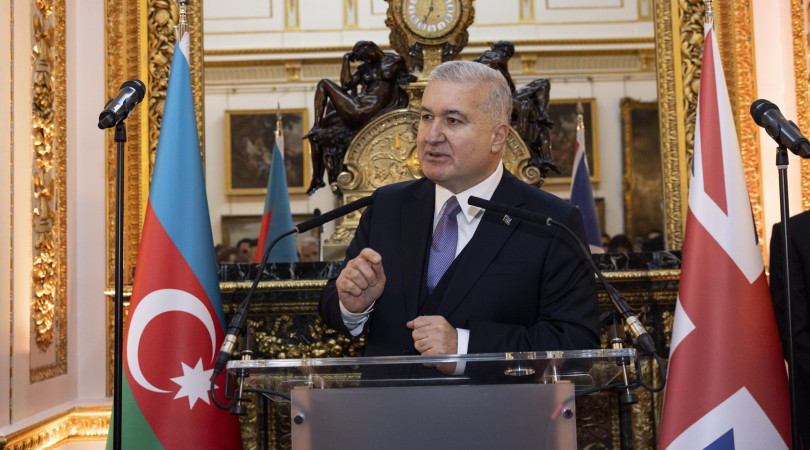
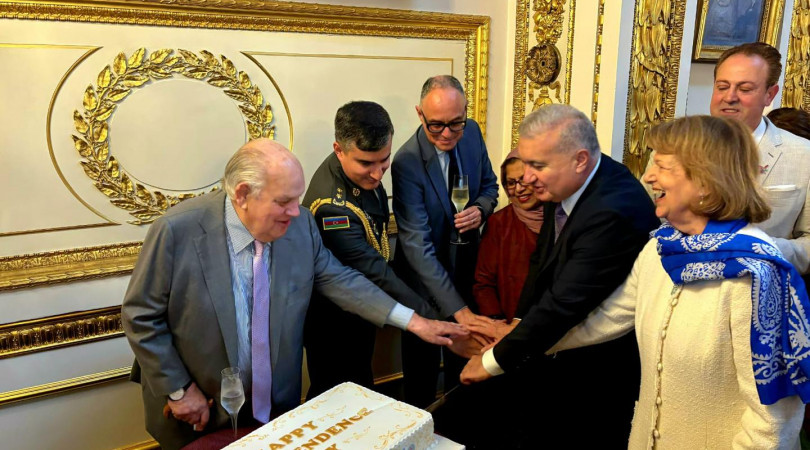
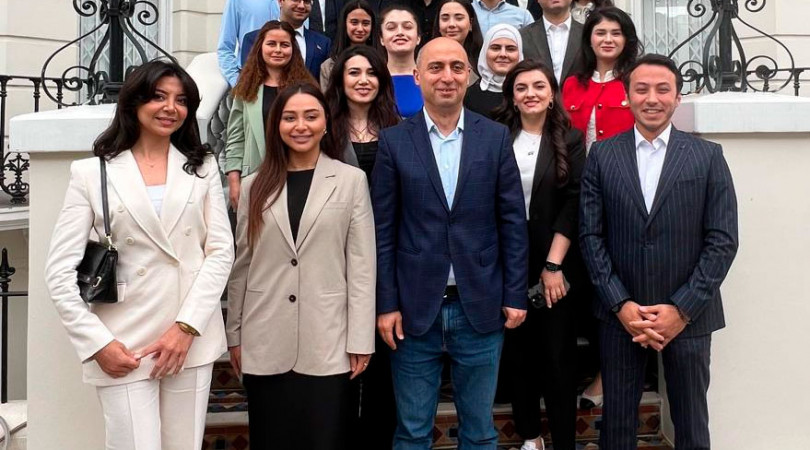
.jpg)
